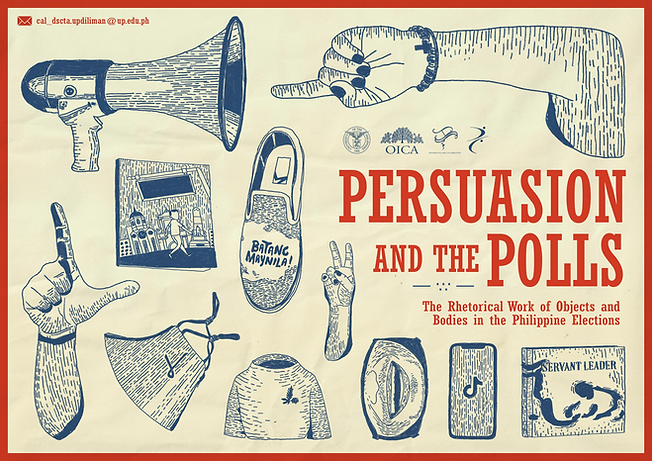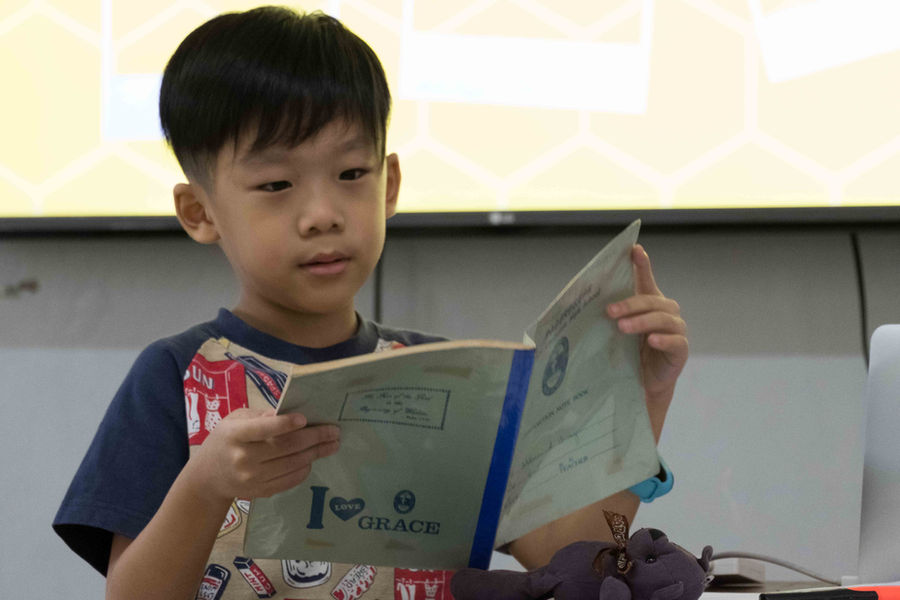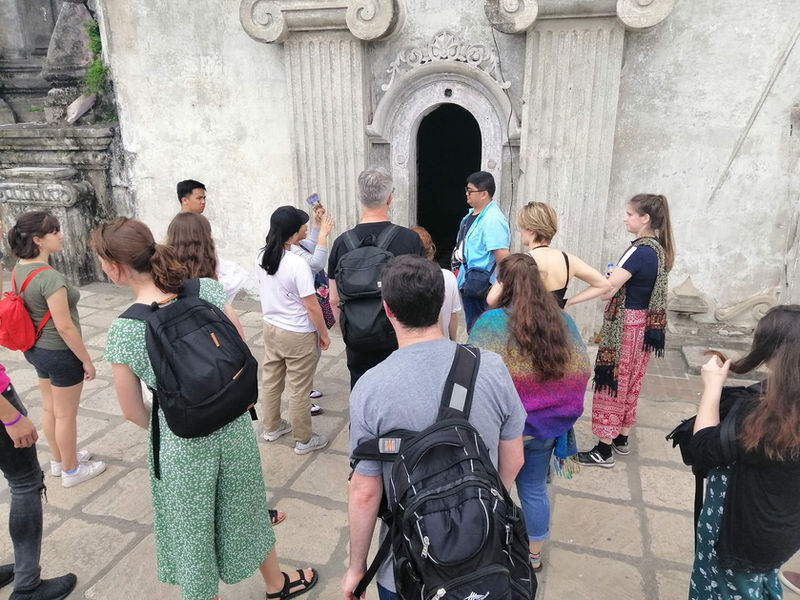Extension Work
The UPD University Council (UC) defines an extension work as a public service work by an academic unit, faculty, staff, and students, individually or as a group. This function of the University is a contribution to achieving excellence in social and public service, specially the underserved sectors. Extension generates, validates, and applies knowledge that can enrich instruction and research. During the 134th UPD UC Meeting held on 16 February 2015, the council expanded the scope of extension service that includes services utilizing expertise and talent related to one’s discipline, such as technical assistance, extramural programs, advocacy and community mobilization, and, organizing symposia, public fora, exhibits, performances and conferences. It may also include activities related to service-learning that complement course instruction.
Currently, the EXTENSION WORK AGENDA of the Department are committed to conduct any public service with the following as platforms or structures:
-
Contribute to personal and national development through course instruction, technical expertise, and public service related to communication, theatre, and performance;
-
Partner with public and private sectors to produce communication, theatre, and performance-based approaches to achieving social transformation;
-
Initiate projects that advance the various traditions/communities of knowledge and practice in speech, theatre, and performance in the Philippines; and
-
Generate platforms and encounters for established and emerging scholars, academics, artists, and practitioners in communication, theatre, and performance studies
SpeakUP Workshop
The University of the Philippines Diliman Department of Speech Communication and Theatre Arts offers Speak UP speech and theatre workshops annually.
The main goal of Speak UP Speech Workshop is to develop the self-confidence of the participants by exposing them to various activities that will improve their public speaking abilities. Lectures and drills on writing and performing for different communication contexts are designed to help participants be more comfortable in front of an audience so they can all speak up and be heard. Speech workshops are usually offered in four age groups: Kids, Tweens, Teens, and Adults.
The speech workshops for kids, tweens, and teens cover confidence building, voice and diction, effective use of language in presentations, oral interpretation, and public speaking.The workshop for adults and professionals includes basic grammar review, public speaking, confidence building, voice and diction, and essentials and effective use of language in presentations.The lectures and activities are facilitated by UP DSCTA faculty.
The Speak UP Theatre Workshop, on the other hand, is the department’s extramural offering that includes lectures and activities on voice, movement, acting, prop making, make-up and costume, and back stage and production work.
.jpg)
Persuasion and the Polls:
The Rhetorical Work of Objects and Bodies in the Philippine Elections
Persuasion and the Polls emphasizes the argument that political persuasion does not solely rest on verbal eloquence. As the 2022 general elections in the Philippines demonstrate, it is likewise generated through various material means and bodily techniques. What then are specific examples of such means and techniques? How do politicians deploy them in their campaigns, and for what purposes?
Through a series of recorded discussions featuring academics from the fields of communication, anthropology, music, film, literature, and clothing technology, Persuasion and the Polls probes into the ways in which objects and bodies aid in the construction, communication, and circulation of political identities. It further explores how they may evince a range of affects (from love, hope, admiration, rage, disgust, to despair), change the direction of public opinion, and not least, impact the results of the elections.

Pathways Program
The Pathways to Philippine Performance Practices and Creative Industries Mobility Program is an extramural program of the Department involving foreign students' mobility to the Philippines.
The program is an extensive academic encounter involving classroom learning, workshops, and academic field activities to foreign students. It is facilitated by the Department’s faculty members, affiliated faculty members from other departments and colleges, graduate students and undergraduate students.
The program is designed to introduce Philippine culture to students from partner foreign institutions. Classroom learning encounters include modules on Philippine history, creative industries, traditional and contemporary performance practices in the archipelago. Workshops include indigenous creative arts/industries (i.e. borlas de pastillas, parol making, traditional dances, traditional theatre, and local cuisines). Academic field activities include filed visits to theater companies and focused ethnographic work in nearby provinces related to the creative arts, cultural performances and cultural industries.
.jpg)












